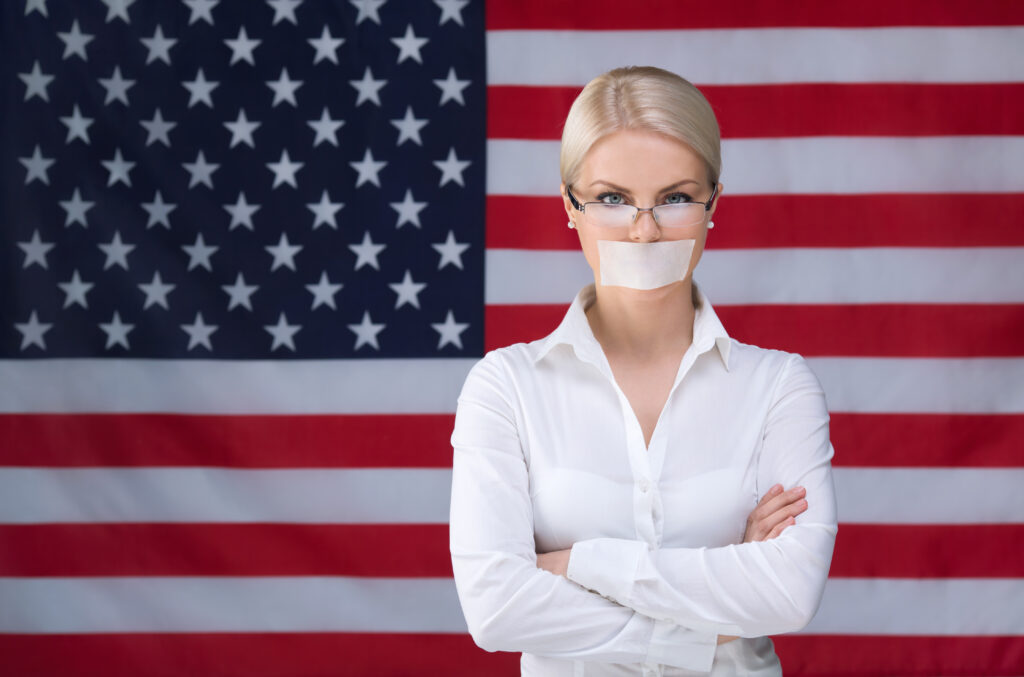The First Amendment of the United States Constitution guarantees the right to free speech and expression. However, in the age of internet censorship, this fundamental right is facing new challenges and threats. Internet censorship, the practice of controlling and filtering online content by governments or private organizations, has the potential to stifle free speech and limit our access to information. It is crucial that we protect our First Amendment rights in the digital age and ensure that we have the freedom to express ourselves and access information online.
One of the primary ways that internet censorship threatens our First Amendment rights is by limiting access to information. In countries where the government controls the internet, citizens may not have access to websites or social media platforms that provide them with essential information about their country or the world. This can limit their ability to make informed decisions and participate in democratic processes. Additionally, the censorship of certain viewpoints or ideas can create an environment where only a narrow range of opinions are represented, stifling free speech and limiting our ability to learn from diverse perspectives.
Internet censorship can also have a chilling effect on free speech. When individuals know that their online activity is being monitored or that they may be punished for certain types of speech or expression, they may be less likely to engage in online discussions or express their opinions openly. This can limit the ability of individuals and groups to advocate for change and can have a negative impact on the quality of public discourse.
Furthermore, internet censorship can limit our ability to access and express unpopular or controversial ideas. The First Amendment was established to protect all forms of speech, including those that are not popular or widely accepted. When internet censorship limits our ability to access and express these ideas, it can infringe on our fundamental right to free speech and expression.
To protect our First Amendment rights in the age of internet censorship, it is essential that we advocate for policies and practices that promote free and open access to information online. This could involve measures such as promoting transparency and accountability in internet censorship practices, advocating for clear and consistent rules and regulations for regulating online content, and supporting independent bodies or watchdog groups to monitor and hold governments and private organizations accountable for their actions.
It is also important to support digital literacy and critical thinking skills among internet users. By providing individuals with the skills and knowledge necessary to navigate the internet safely and effectively, we can empower them to make informed decisions about the content they consume and share online. This can help to reduce the spread of harmful or offensive content and promote a more open and inclusive online environment.
Ultimately, protecting our First Amendment rights in the age of internet censorship requires a concerted effort from individuals, organizations, and policymakers alike. By standing up for our right to free speech and expression online, we can help ensure that the internet remains a powerful tool for communication, creativity, and progress, while also upholding the fundamental principles of our democracy.

